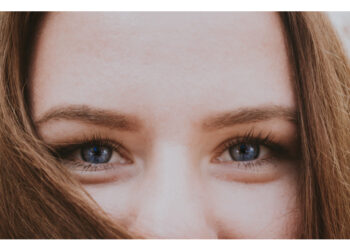Migraines are a medical condition that causes severe, recurring headaches and other symptoms. Just before the headache, there may be some sensory changes, called an aura.
Each migraine episode may be different from another and it is important to note that a migraine is different from a normal headache. A migraine usually occurs in stages and can last for a number of days, affecting a person’s daily life, including their ability to work or study.
Since there are a number of causes, severity, symptoms, and frequency, how a migraine affects a person can also vary. Some people have them occasionally while others get more than one episode each week.
Some common features of migraines are head pain that worsens during physical activity, inability to perform regular activities because of pain, and increased sensitivity to light and sound that can be relieved by lying in a quiet, darkened room.
Some genetic features can also play a role, like having a family history of migraine is a common risk factor. Other migraine triggers may include:
– Hormonal changes, such as around the time of menstruation.
– Emotional triggers, like stress, depression, anxiety, and excitement.
– Dietary factors, like ingestion of alcohol, chocolate, cheese, citrus fruits, caffeine, as well as foods containing the additive tyramine.
– Medications like sleeping pills, hormone replacement therapy (HRT), and certain birth control pills.
– Environmental factors like flickering screens, loud noises, stuffy rooms, strong smells, secondhand smoke, temperature changes, and bright lights.
Some More Possible Triggers Include:
– tiredness
– lack of sleep
– tension in the shoulder and neck
– bad posture
– overexertion
– low blood sugar
– jet lag
– irregular mealtimes
– dehydration
While there is no cure for migraines, medications can treat the symptoms when they arise, and you can take steps to reduce the frequency and severity of episodes.
For quick relief, pain relief and other types of medication can often help if the medication is taken as soon as symptoms start and may keep them from becoming severe.
If you’re looking for non-medical remedies, some home remedies that can help relieve the symptoms of include:
– flexible cold packs or masks
– moving to a quiet, darkened room
– sleeping when necessary
Other non-medical remedies may include the use of acupuncture and neck exercises or even physical therapy. However, before using any of these, you should speak to your doctor as research has not yet proven that these remedies work.















